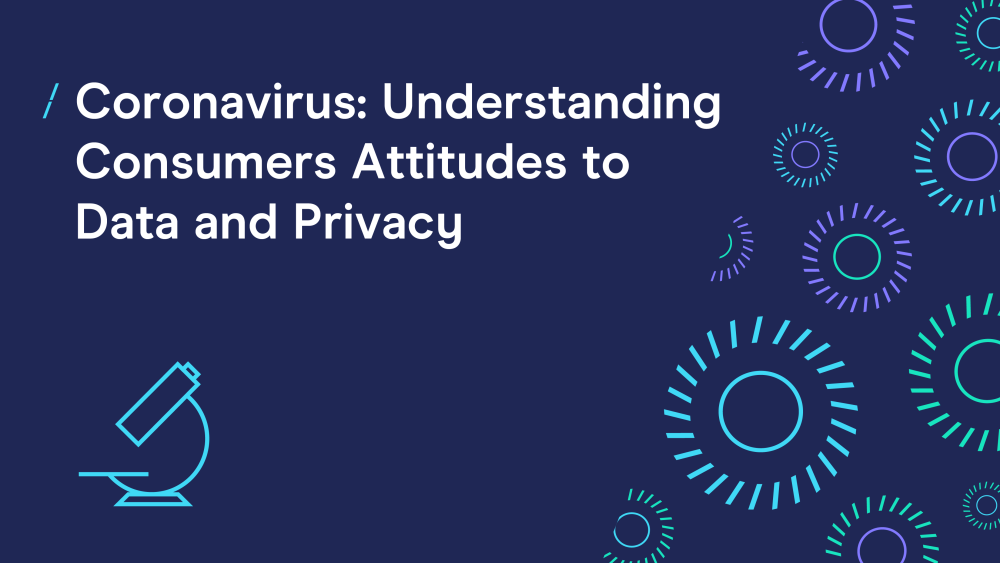Coronavirus: Understanding Consumers Attitudes to Data and Privacy
27 Apr 2020

Recent discussions about tracking and tracing the coronavirus outbreaks in the UK have been raising concerns about privacy. Data, that once collected, could be incredibly powerful in helping the UK Government to make more informed decisions about how and when we return to something resembling our normal lives.
However, data protection and people’s right to privacy is equally not something that should be overlooked. In the wrong hands, this data could be easily abused too. Any concerns around data and privacy can only be resolved through dialogue. The key for Governments, whether in the UK or elsewhere, will be having open and transparent conversations with citizens about what will be collected, why and how it will benefit them.
These discussions also reminded me of a recent report from Acxiom and Foresight Factory, which digs deeper into these topics and the ‘Global Data Privacy: What the Consumer Really Thinks’ research we released together in 2018 (which in itself builds on our UK report that’s been running since 2012).
The ‘Understanding Attitudes to Data’ report aims to build on the findings of our 2018 research, conducting in depth interviews with 90 consumers across the Chinese, German, UK and US markets. The intention being to provide a deeper understanding of consumer beliefs and behaviour across key areas of the data landscape, setting out specific implications for how to promote a healthy and sustainable future data ecosystem.
The results make for some very interesting reading and highlight some of the macros forces shaping consumers’ opinion on data, the factors impacting data sharing and the implications for the wider society. Many of these are highly relevant at this time and should be minded during the discussions about use of personal data.
Macro forces shaping data opinions are:
- A fear of data hacking is the prime cause of unease among people, while advances in technology drive consumer empowerment in the digital world
- How events are reported by the media strongly impacts perceptions of data exchange and its value
- Confidence in key institutions, like the government, is integral to establishing trust in the data economy in a broader sense
The core factors shaping data sharing are:
- Transparency is integral to happy data sharing
- The data exchange is underpinned by building blocks of trust
- Lack of knowledge is a key barrier to engagement
- There is a perceived imbalance of value within the data exchange
- Paying for privacy is not necessarily a solution for greater engagement
Key Implications for society:
- Consumer empowerment needs to be driven jointly by Government and industries’ actions
- Early data literacy education should underpin the future data ecosystem
- Clearer lines of responsibility are required from all parties participating in the data exchange
- The current data model is here to stay
- Data sharing tipping points across specific consumer groups is key to engagement
As Jed Mole, CMO at Acxiom, himself puts it: “This big issue of consumer understanding and empowerment is central, but industry needs to bear some of that burden. With that comes a responsibility to not just keep data safe and use it for good, but to build trust through genuine value and transparency around the good which data can bring to people.”
In conclusion, no matter how data is used to help us through this current crisis, these concerns from consumers must be considered and addressed to ensure people buy into the process. The long-term benefits of this approach where customers come first and take part in the conversations about their data, will go far beyond the pandemic too.




